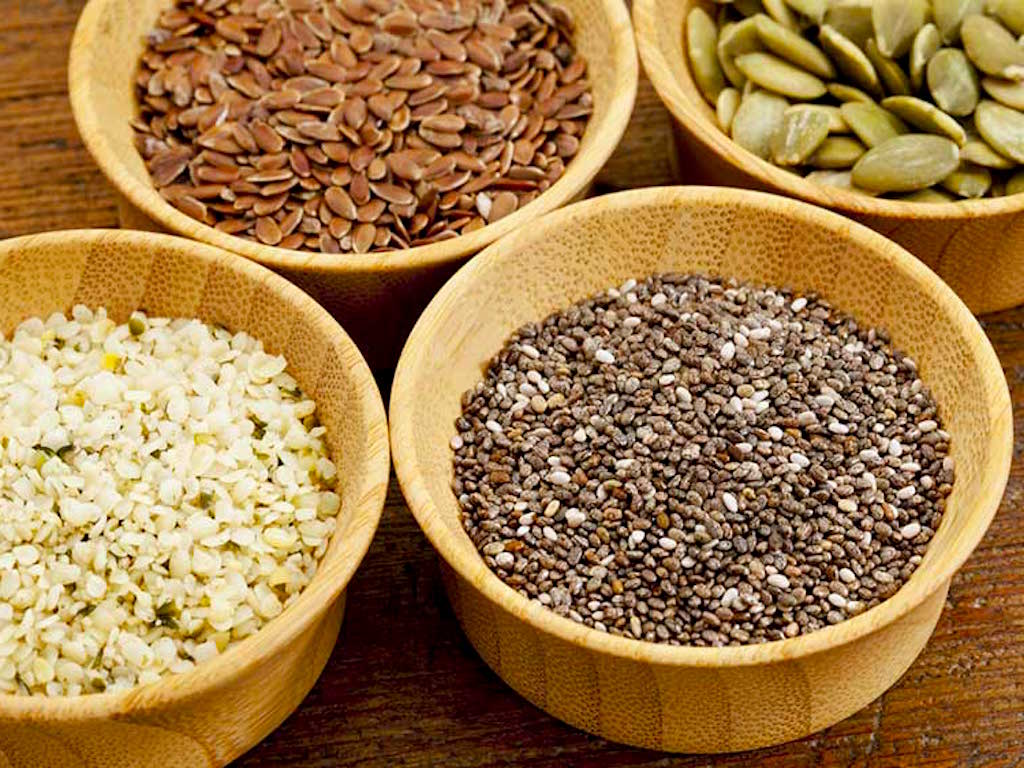Including the best sources of omega-3 fatty acids in your diet is essential for maintaining overall health. Omega-3s are crucial for supporting heart health, improving brain function, reducing inflammation, and boosting immune strength. Since your body cannot produce these healthy fats on its own, you must obtain them through food or supplements. From fatty fish to plant-based alternatives, omega-3-rich foods offer versatile options for everyone. In this article, we explore the top food sources of omega-3s, their health benefits, and practical ways to include them in your daily meals for optimal wellness naturally.

Importance of Omega-3 Fatty Acids
Omega-3 fatty acids are essential polyunsaturated fats that play a key role in maintaining overall health. They support cardiovascular function, regulate cholesterol levels, enhance cognitive performance, and reduce chronic inflammation. These healthy fats also promote glowing skin, strengthen nails, and support eye health. There are three primary types of omega-3s: ALA (alpha-linolenic acid), EPA (eicosapentaenoic acid), and DHA (docosahexaenoic acid). A balanced diet that includes a variety of omega-3 sources ensures you receive the right amounts of each, improving long-term vitality and overall wellness naturally.
Fatty Fish: The Richest Source
Fatty fish remain among the best sources of omega-3 fatty acids because they provide EPA and DHA in high concentrations. Popular choices include:
- Salmon – loaded with omega-3s and high-quality protein
- Mackerel – one of the richest fish sources of DHA
- Sardines – convenient, nutrient-packed, and cost-effective
- Tuna – versatile and widely available
Eating at least two servings of fatty fish per week improves heart health, supports brain function, and reduces the risk of chronic diseases. Combining fish with antioxidant-rich vegetables amplifies these benefits and promotes balanced nutrition.
Plant-Based Sources of Omega-3s
For those following vegetarian or vegan lifestyles, there are excellent plant-based sources of omega-3 fatty acids:
- Chia seeds – packed with ALA and dietary fiber
- Flaxseeds – ground flax boosts omega-3 absorption
- Walnuts – a convenient snack rich in heart-friendly fats
- Hemp seeds – provide omega-3s alongside plant-based protein
These foods primarily offer ALA, which the body converts into EPA and DHA, though at lower efficiency. Including a variety of plant-based omega-3-rich foods ensures you meet your daily requirements naturally and supports overall skin, hair, and brain health effectively.
Algae-Based Omega-3s
Algae oil is a powerful plant-based source of EPA and DHA, making it one of the best vegan-friendly omega-3 options. Unlike ALA-rich foods, algae provides active forms of omega-3s that the body absorbs efficiently. It also contains antioxidants that support eye health and immune balance. Algae-based supplements and fortified foods are particularly beneficial for individuals who avoid fish but still need optimal DHA levels for cognitive and cardiovascular health. Including algae-derived omega-3s bridges dietary gaps naturally and effectively.

Fortified Foods and Supplements
Certain fortified foods like omega-3-enriched eggs, plant-based milk alternatives, and yogurts provide an easy way to increase your intake. For those struggling to meet daily needs through diet alone, omega-3 supplements such as fish oil, krill oil, or algae oil offer concentrated benefits. Always choose high-quality products with third-party testing to ensure purity. Supplements help support heart function, brain health, and joint mobility, especially for individuals with increased omega-3 requirements or limited access to naturally rich food sources.
Tips to Incorporate Omega-3s Daily
Adding omega-3s to your daily meals is simple and delicious:
- Sprinkle chia or flaxseeds on oatmeal or smoothies
- Snack on walnuts or mix them into salads
- Include fatty fish like salmon or sardines twice a week
- Use hemp seed oil or algae oil in salad dressings
Consistently combining both plant and animal-based sources ensures a well-rounded intake of ALA, EPA, and DHA, promoting balanced nutrition and long-term wellness naturally.
Conclusion
Choosing the best sources of omega-3 fatty acids supports your heart, brain, and overall health. Whether through fatty fish, seeds, walnuts, or algae, these healthy fats play a crucial role in wellness. A balanced approach to omega-3 intake keeps your body nourished, energetic, and thriving naturally.
